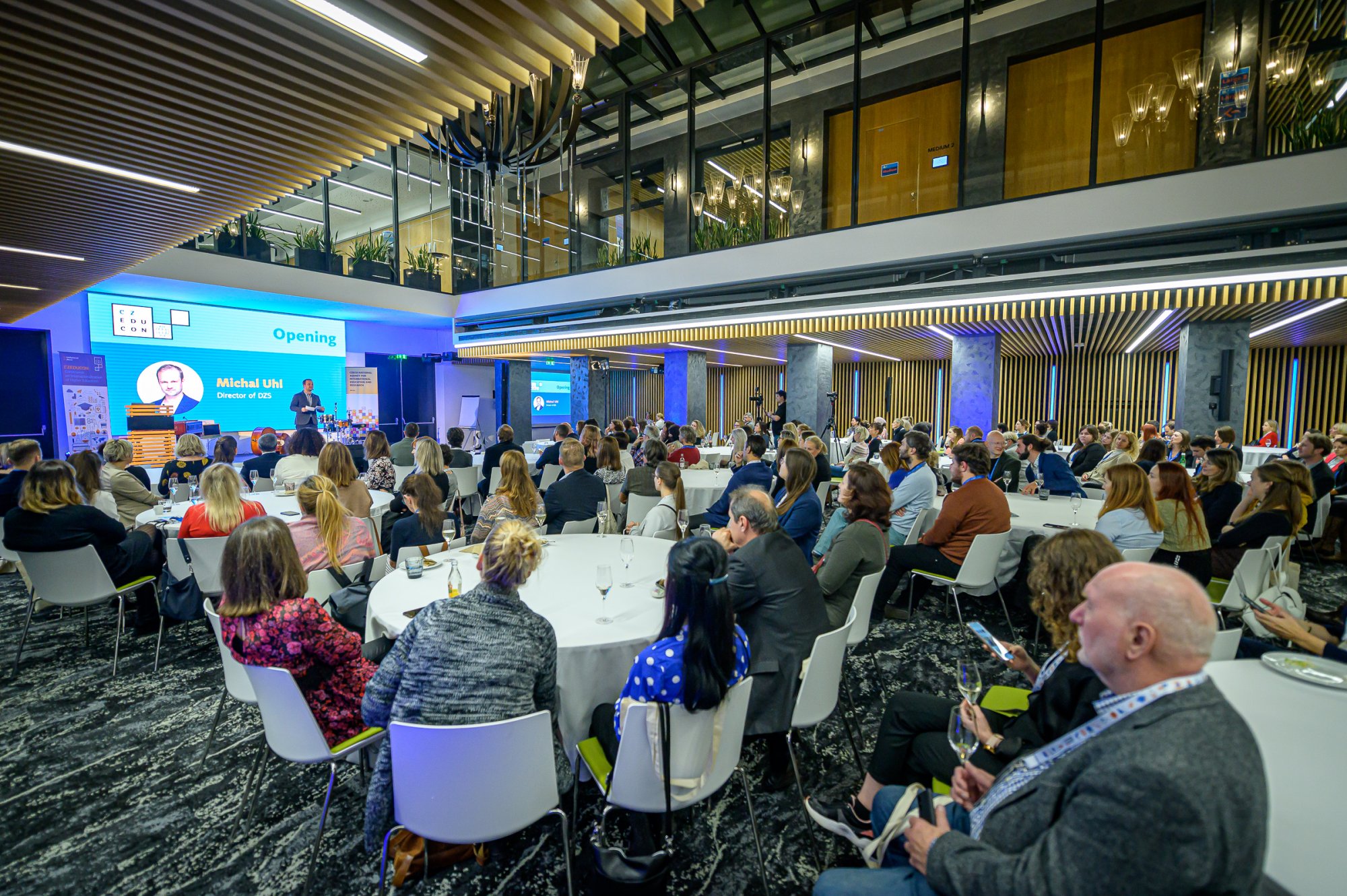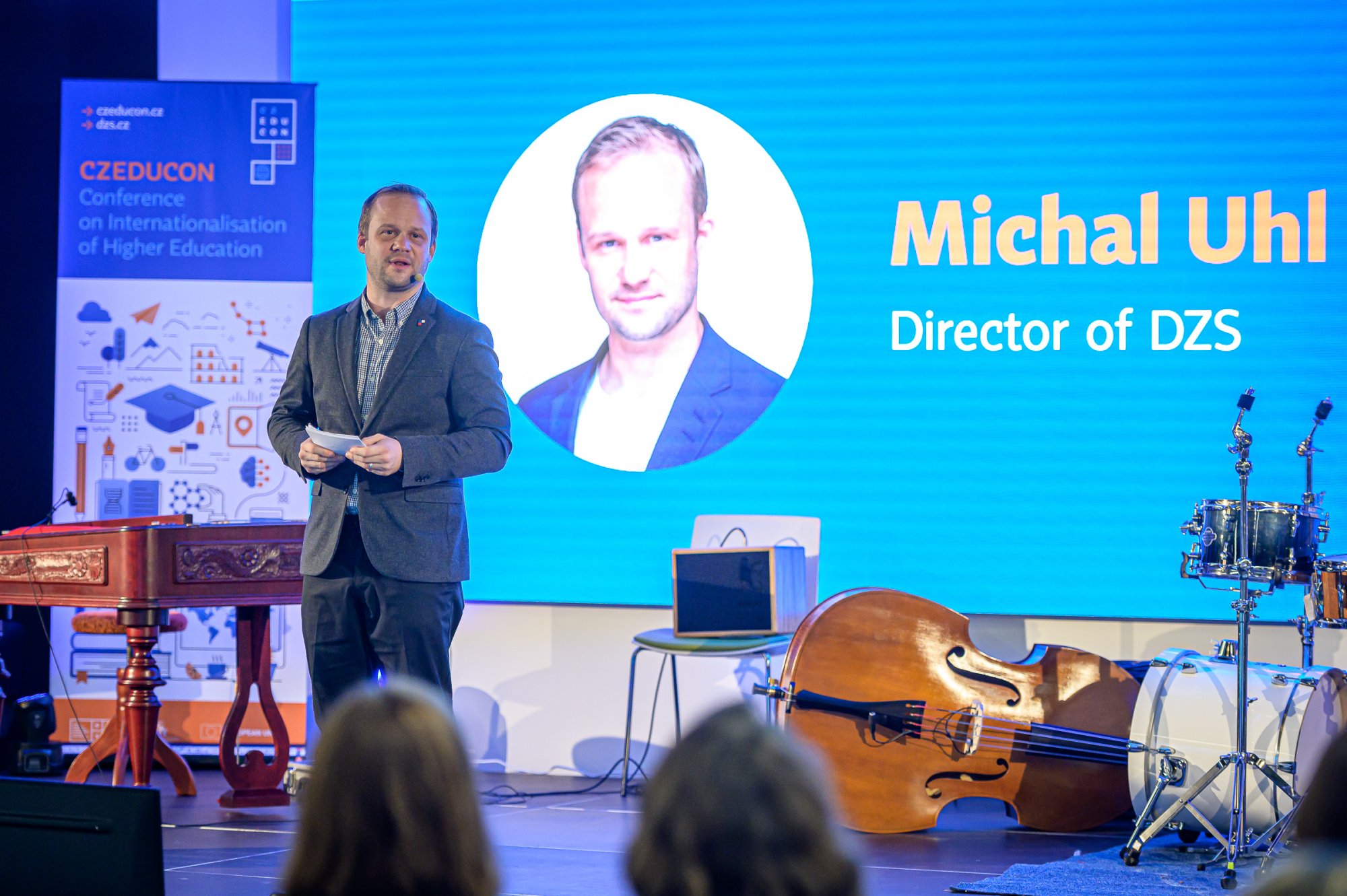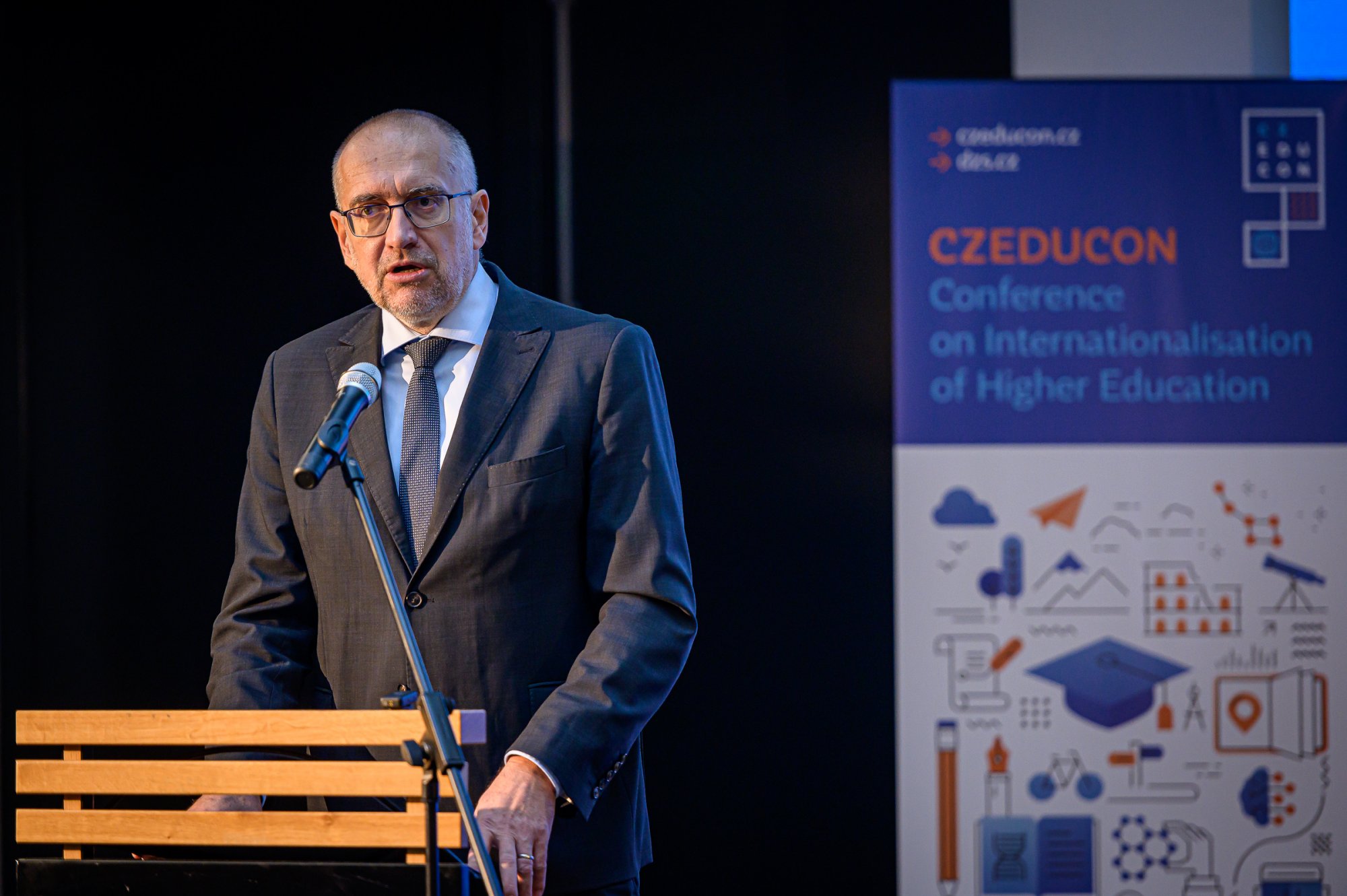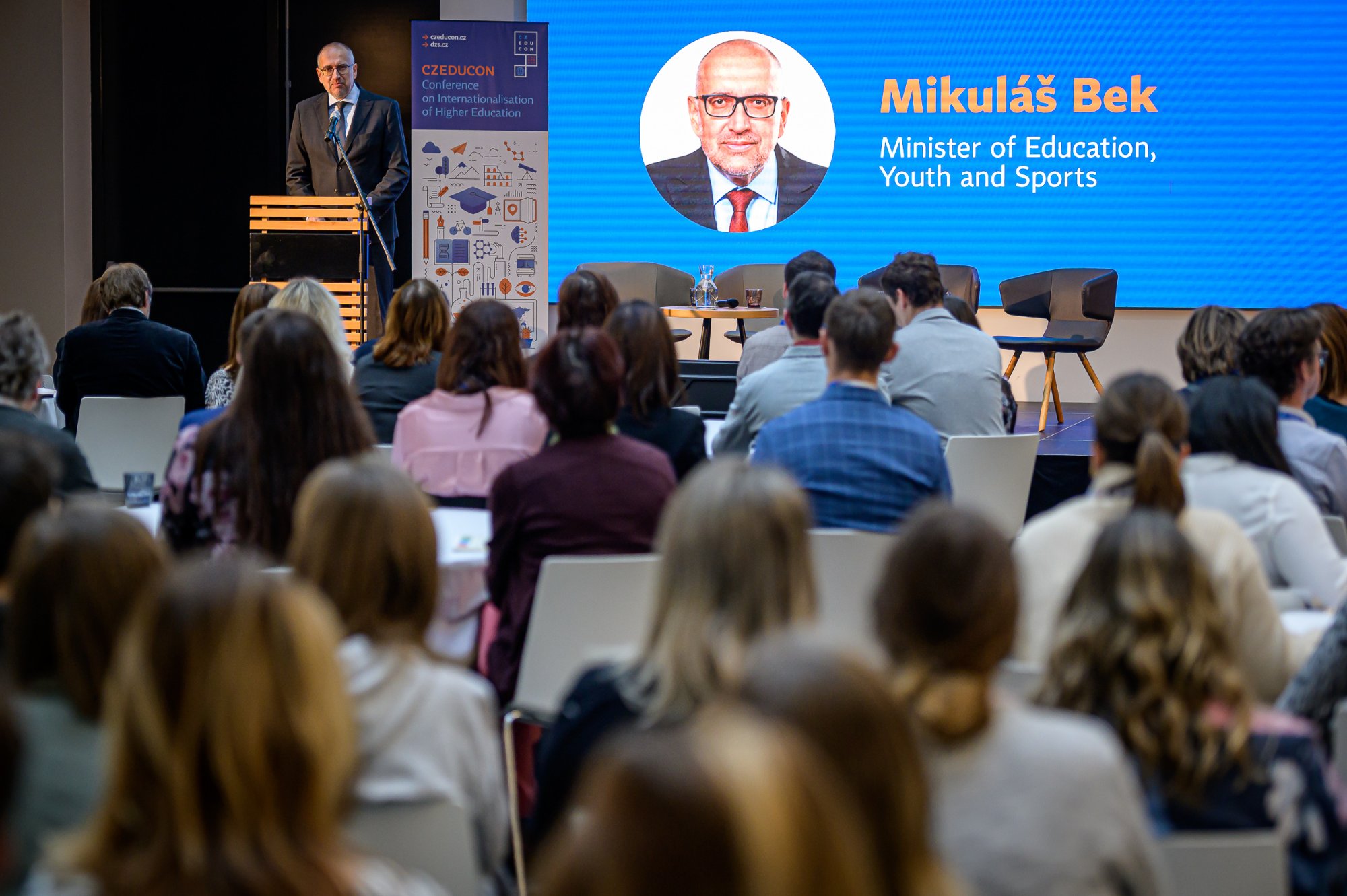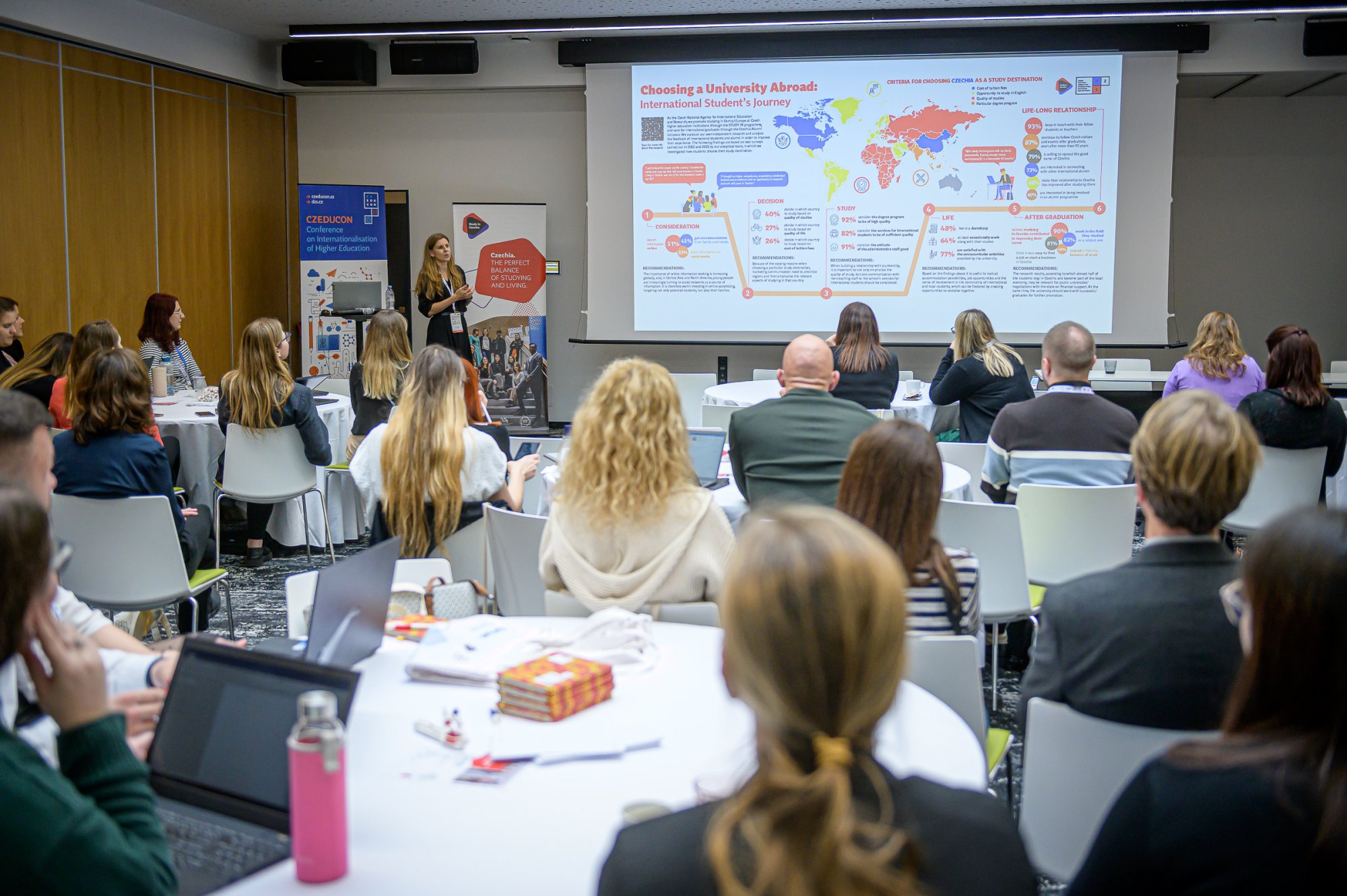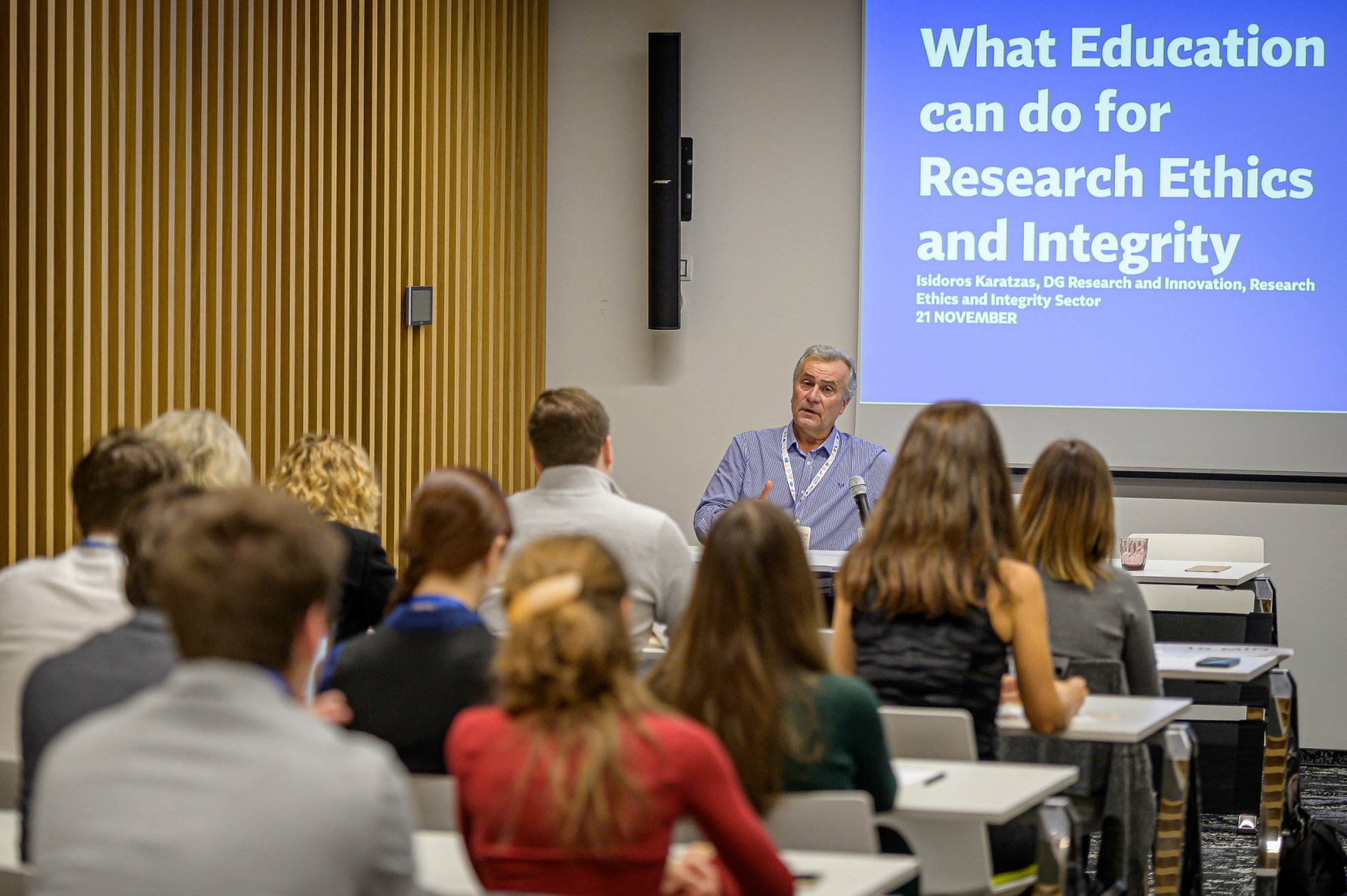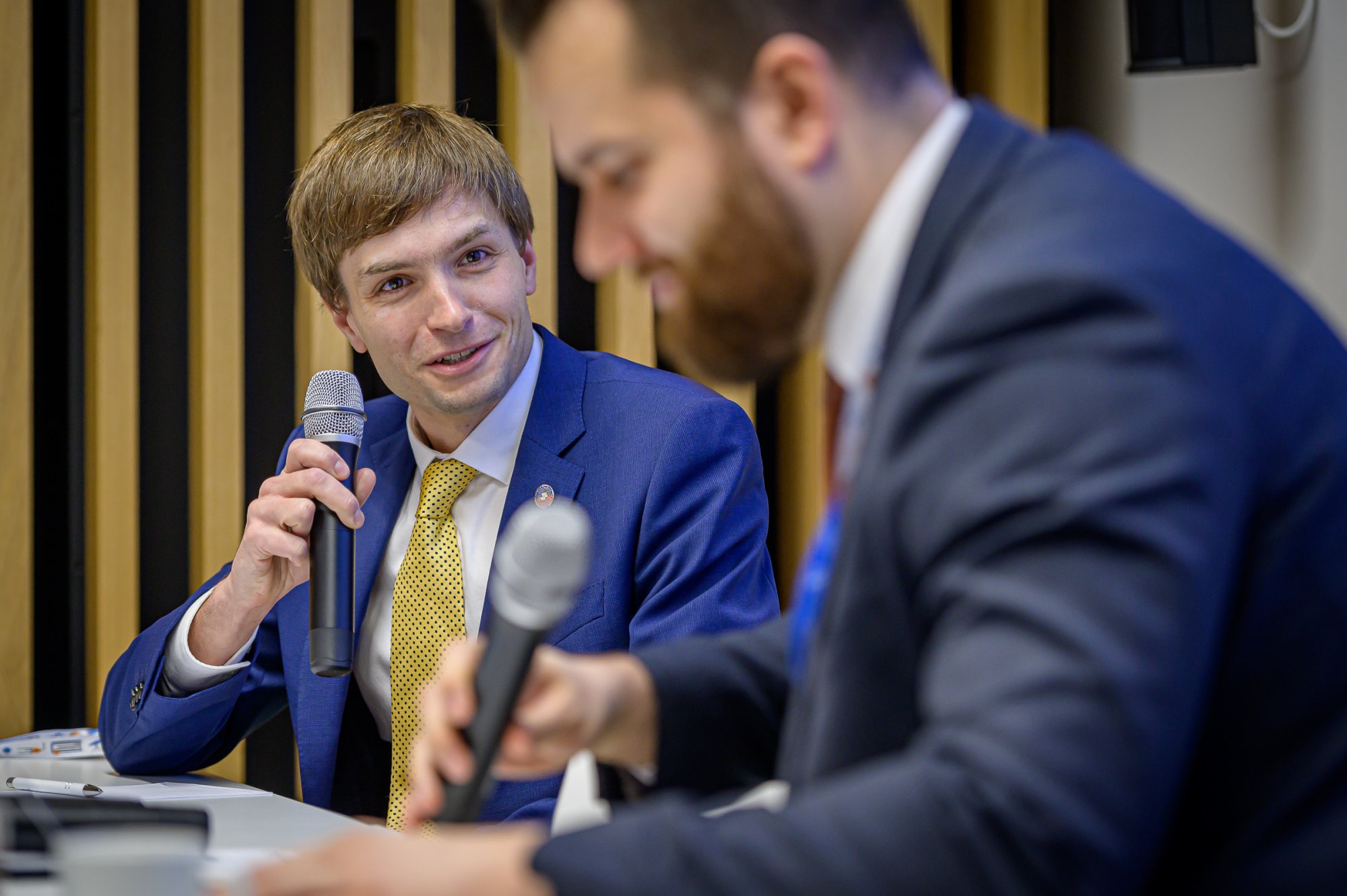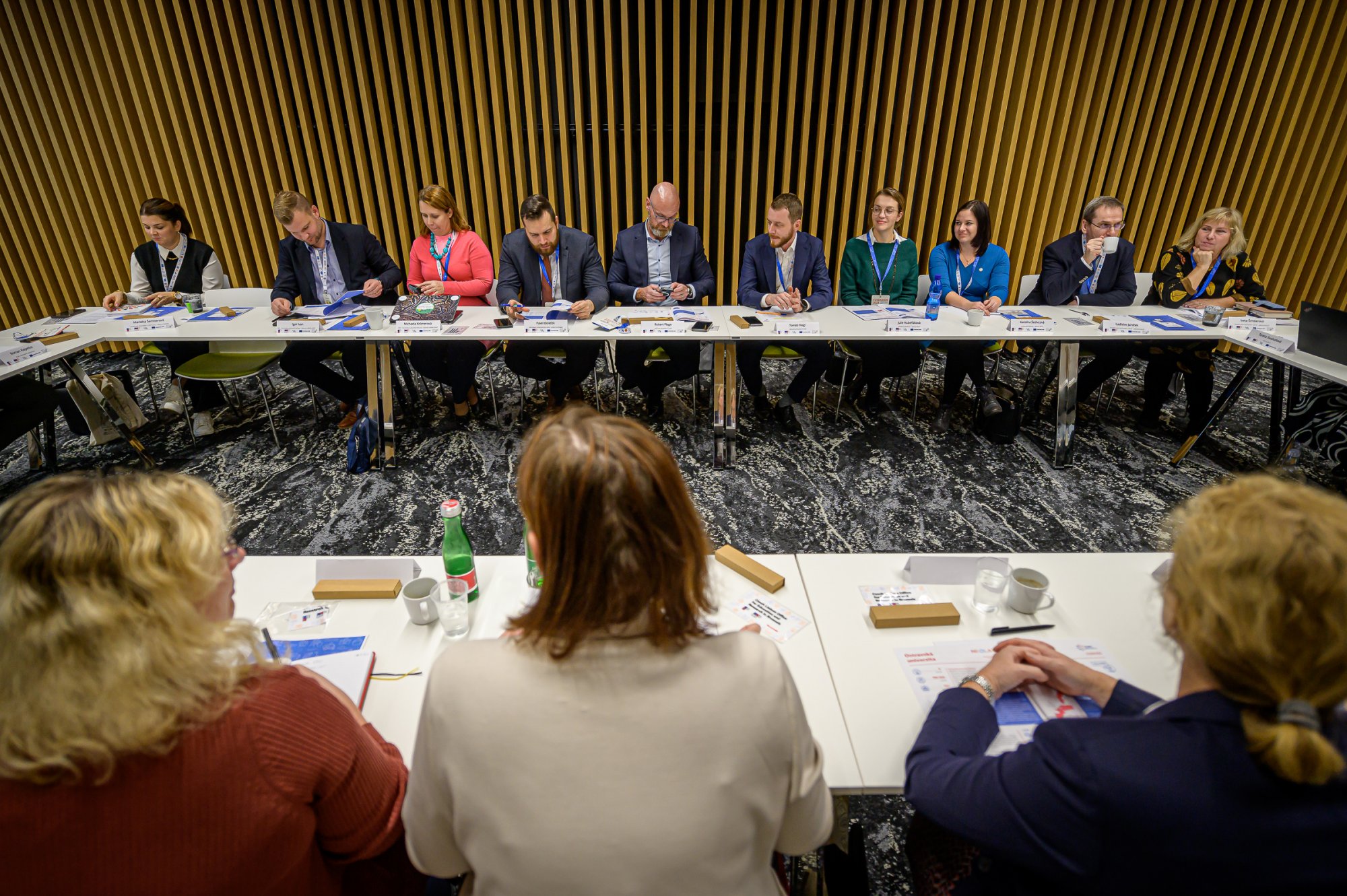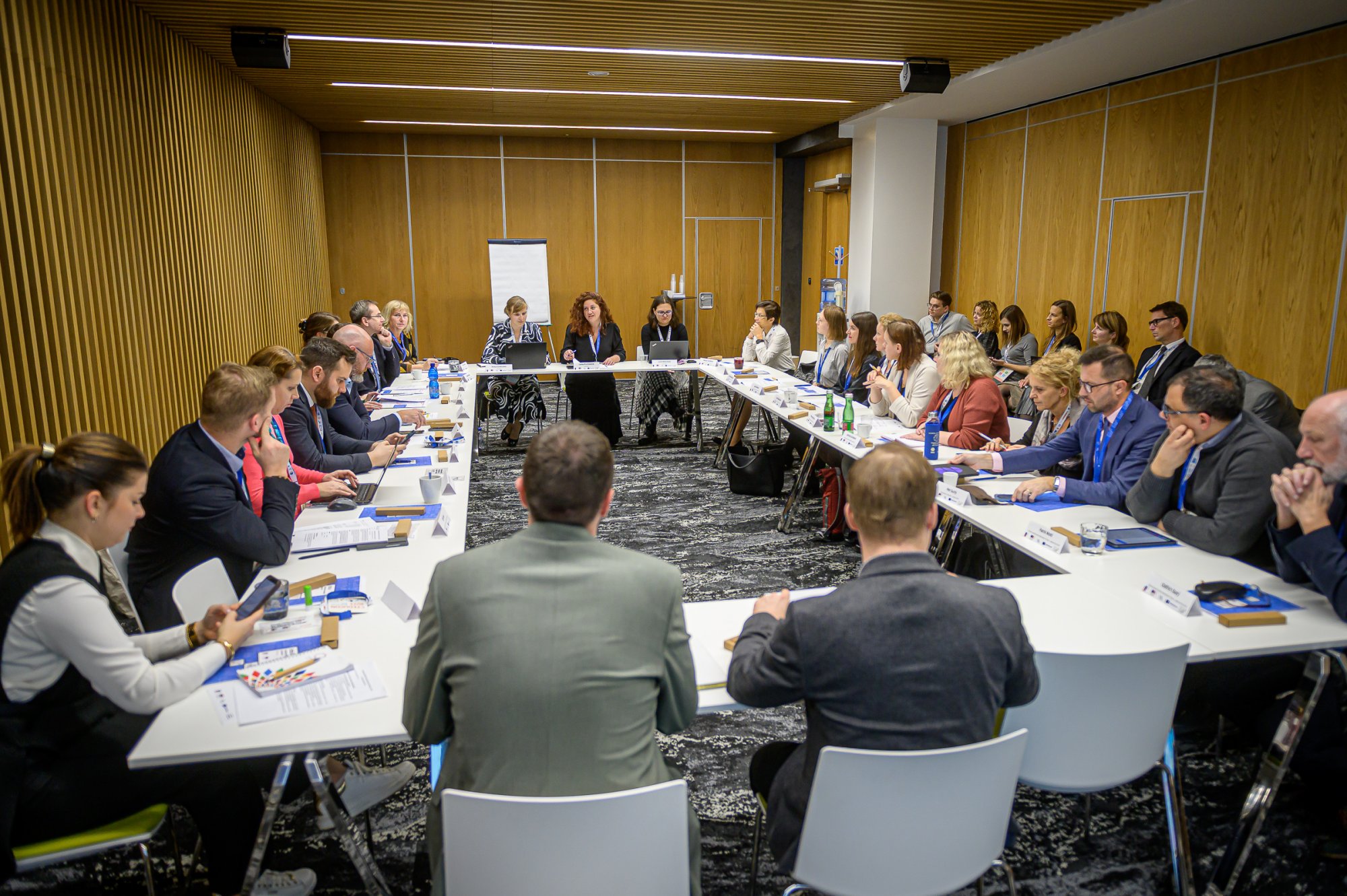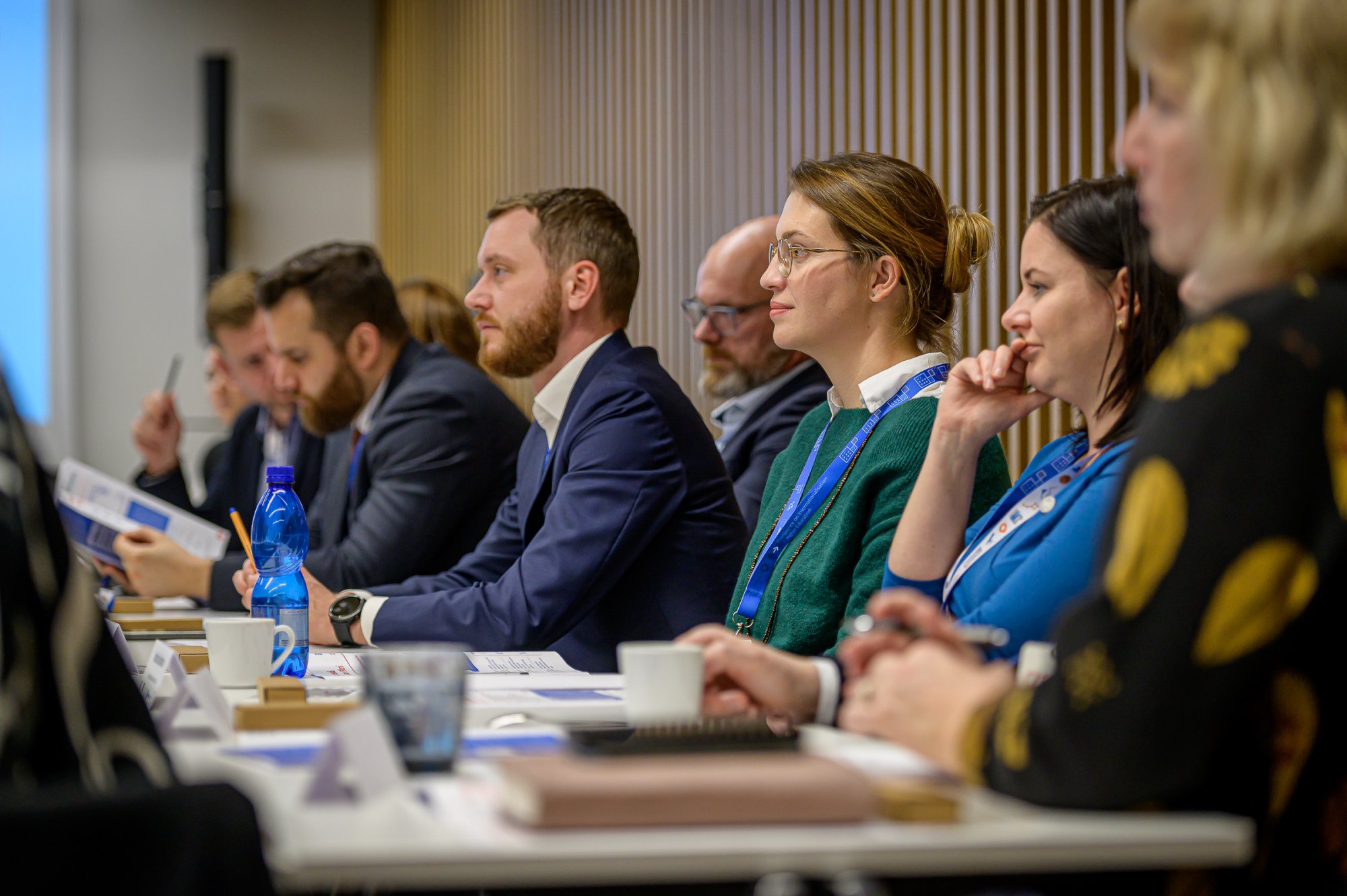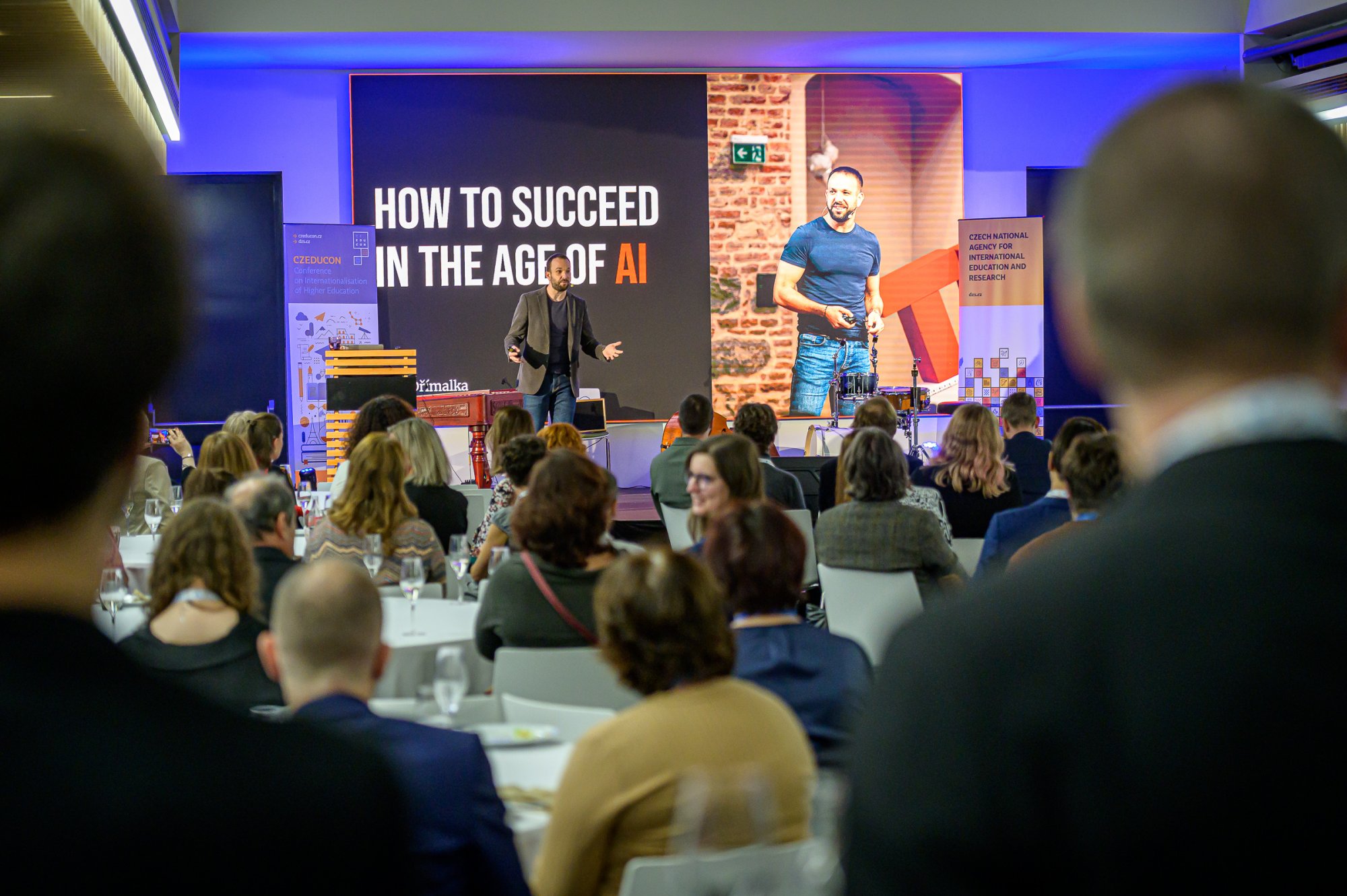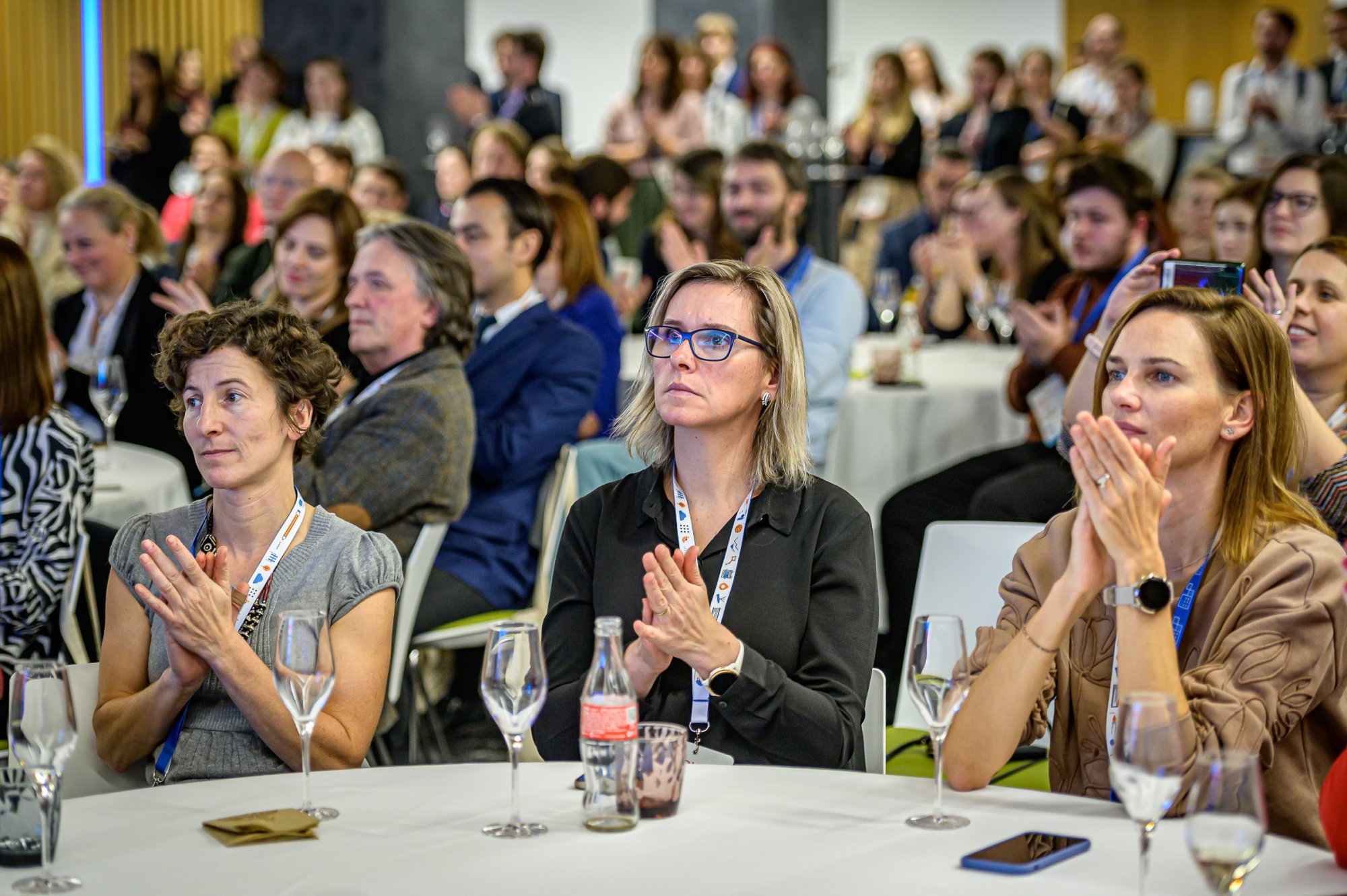The fifth edition of the CZEDUCON conference for experts in the field of higher education begins
CZEDUCON is the largest conference on internationalisation in higher education in Central Europe.
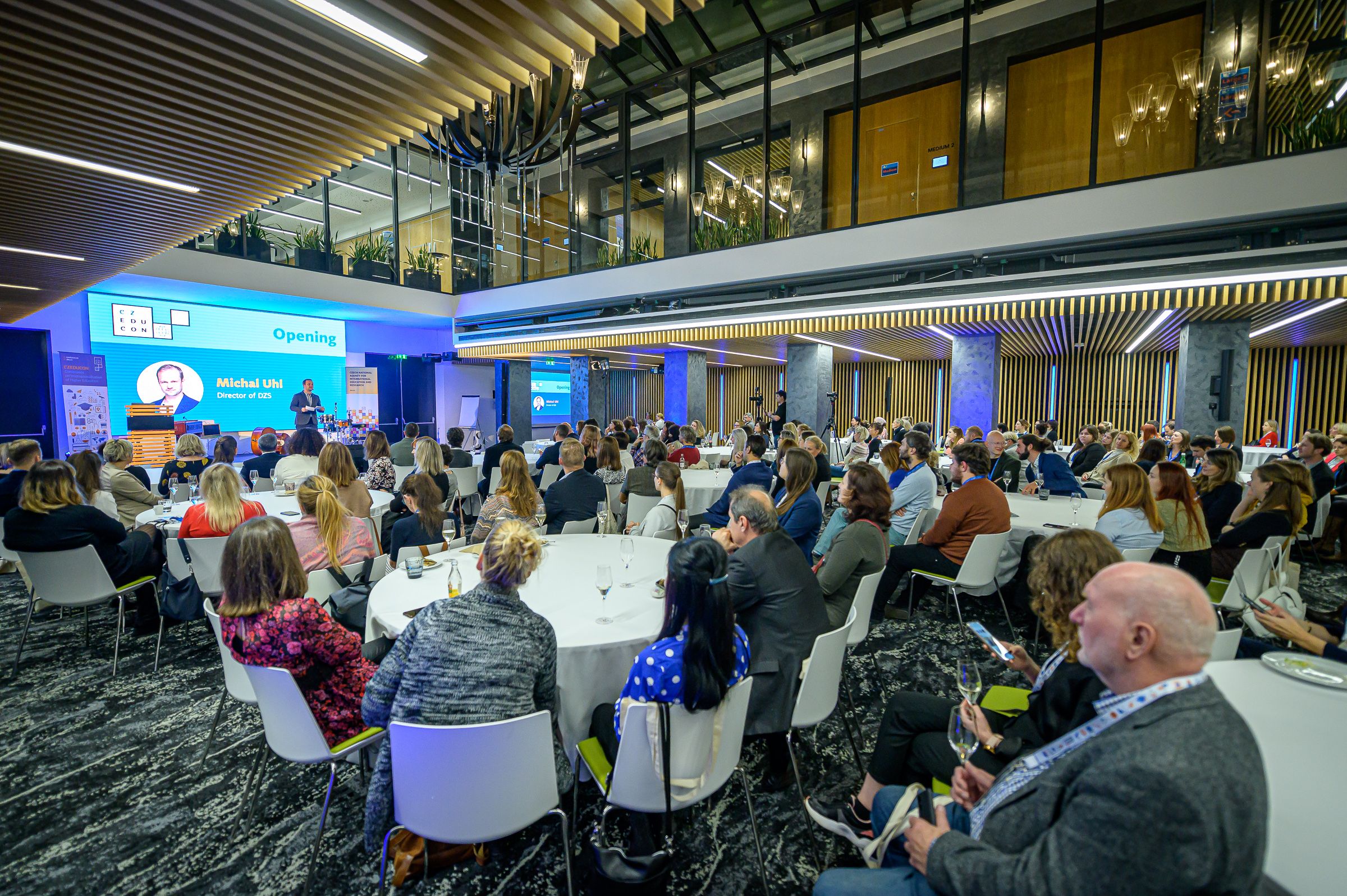
The conference's aim is to share good practice across Europe, discover new opportunities and trends and find solutions to current challenges. Key representatives of Czech and European universities met with representatives of the European Commission, as well as experts, government officials and experts in the field of education and together they addressed the pressing issues of developing and implementing strategies in this area.
“I believe this year's CZEDUCON holds an extreme importance for the future of international education, as it must adapt to new challenges, technologies and respond to changing economic needs,” said Michal Uhl, Director of the Czech National Agency for International Education and Research (DZS), who opened the CZEDUCON international conference, which DZS is organising this year in Brno in cooperation with the Ministry of Education, Youth and Sport (MEYS). “Education in general – whether formal or informal – is the main engine of our economy. It would give us an advantage to react to today´s fast-paced world and everchanging environment we live in. If we want to be a competitive state, if we want to strive to be a leading example of successful knowledge economy, we need to strive for excellence in education and international cooperation creating a positive, impact-driven community of passionate people who are the backbone of the EU sharing the same vision of modern, economically stable and cooperating Europe,” concluded Michal Uhl.
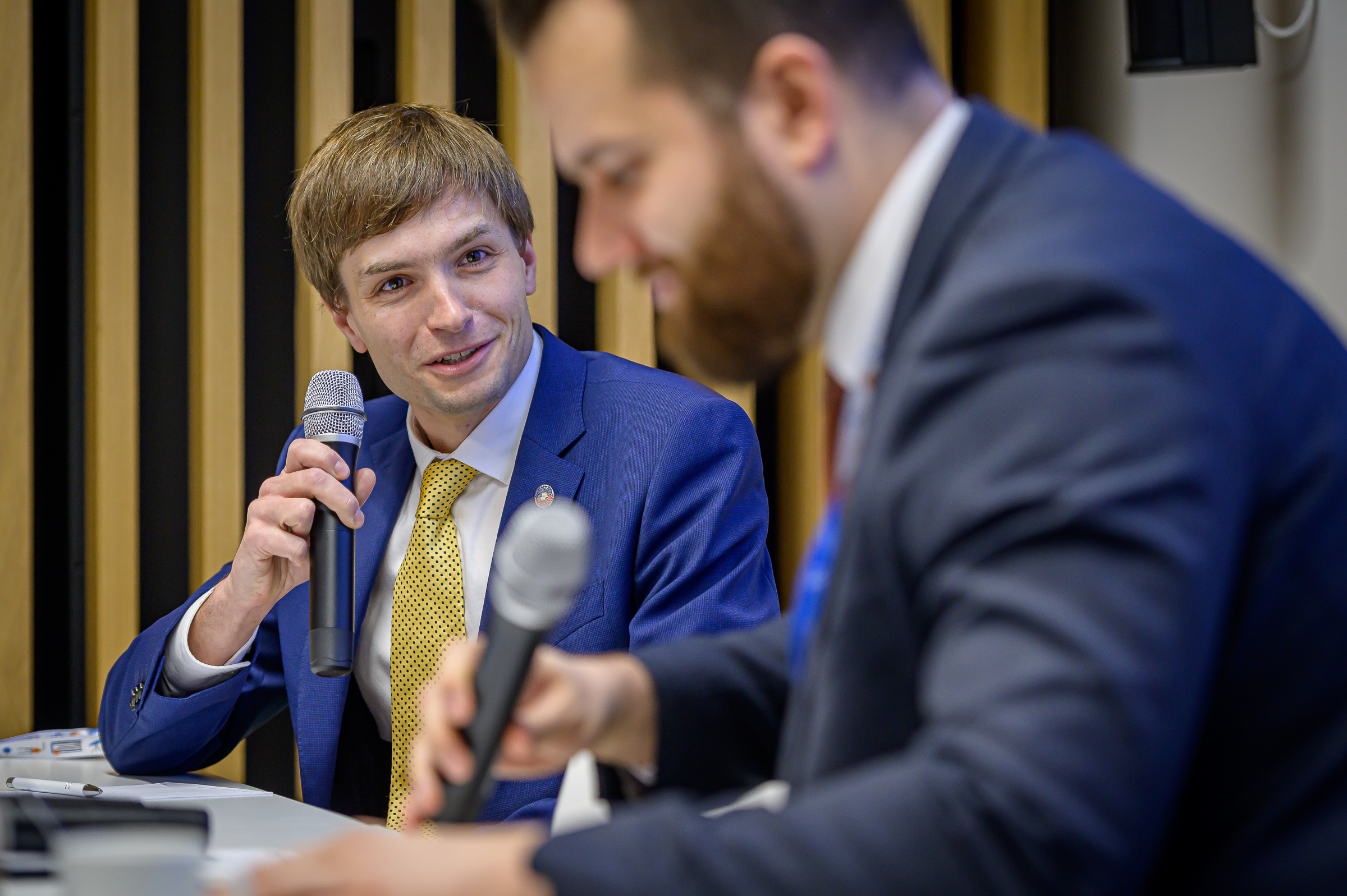
The conference focuses on four thematic areas: Internationalisation for All, Digital Age, Cooperation Within Academia and Beyond and Applicants - Students - Alumni. Prior to the start of the conference, thematic pre-conference sessions were held for invited representatives and coordinators. The first of these, entitled "Navigating the Ethical Compass: Research and Education", focused on the issue of ethics and integrity in education and research. Guests Isidoros Karatzas, Head of the Sector "Ethics and Research Integrity" at the European Commission, Matouš Glanc from Czexpats in Science, an initiative connecting Czech scientists with foreign experience, Pavel Doleček, Deputy Minister for Science, Research and Innovation, and Sabine Chai, Managing Director of the Austrian Agency for Scientific Integrity (OeAWI), spoke on this topic. Participants gained a deeper understanding of the ethical framework in research and education at EU and national level and learned about good practice examples from neighbouring countries.
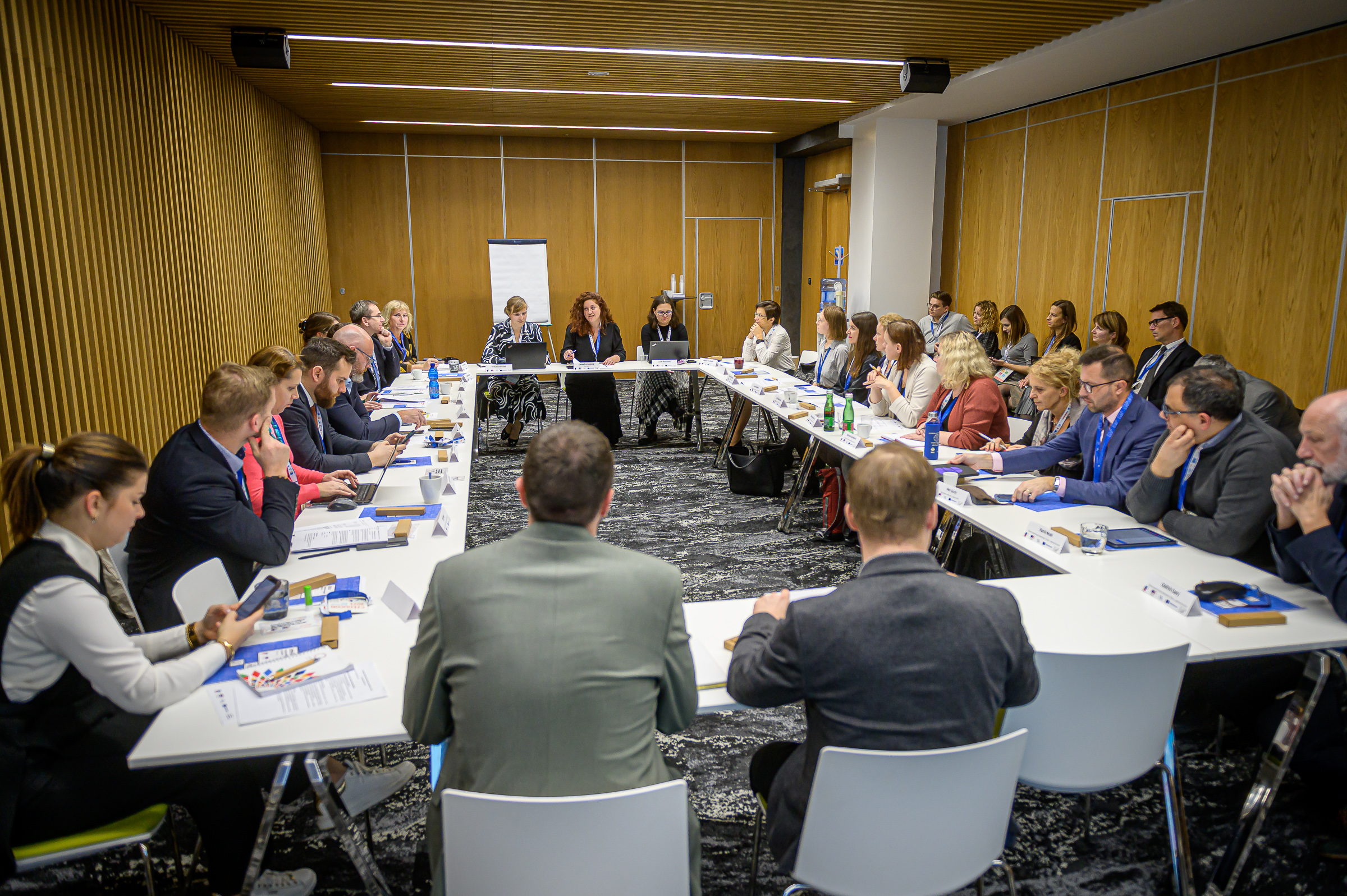
Representatives of universities both new and established members of the European University Alliances had the opportunity to meet with representatives of the DZS, MEYS and NAÚ and network with each other at this year's second roundtable. Since their last meeting this June, the universities joining alliances after the fifth round of the call are the University of Ostrava, Silesian University in Opava, VSB - Technical University of Ostrava, Brno University of Technology and University of West Bohemia in Pilsen. The Vice-Rectors for Internationalisation and other teaching staff of these universities shared with each other their experiences with international cooperation within the initiative, good practices, as well as the challenges and obstacles they are currently facing. "The optics of universities are often shaped by the direction of science and research, but the topic of quality international education, mobility and networking through alliances are extremely important," said the chairman of the National Accreditation Bureau for Higher Education Robert Plaga. Karolína Gondková, head of the Department of Higher Education of MEYS, emphasised the importance of cooperation on these topics within universities. "It is crucial for the success of alliances that they become an integral part of the whole organisation. This requires top-down and bottom-up communication at the university level."
In addition, monitoring seminars were held for Erasmus+ project coordinators to share their experiences as well as Study in Czechia's "contact network" meeting, which serves as the main communication platform between the initiative and university representatives.
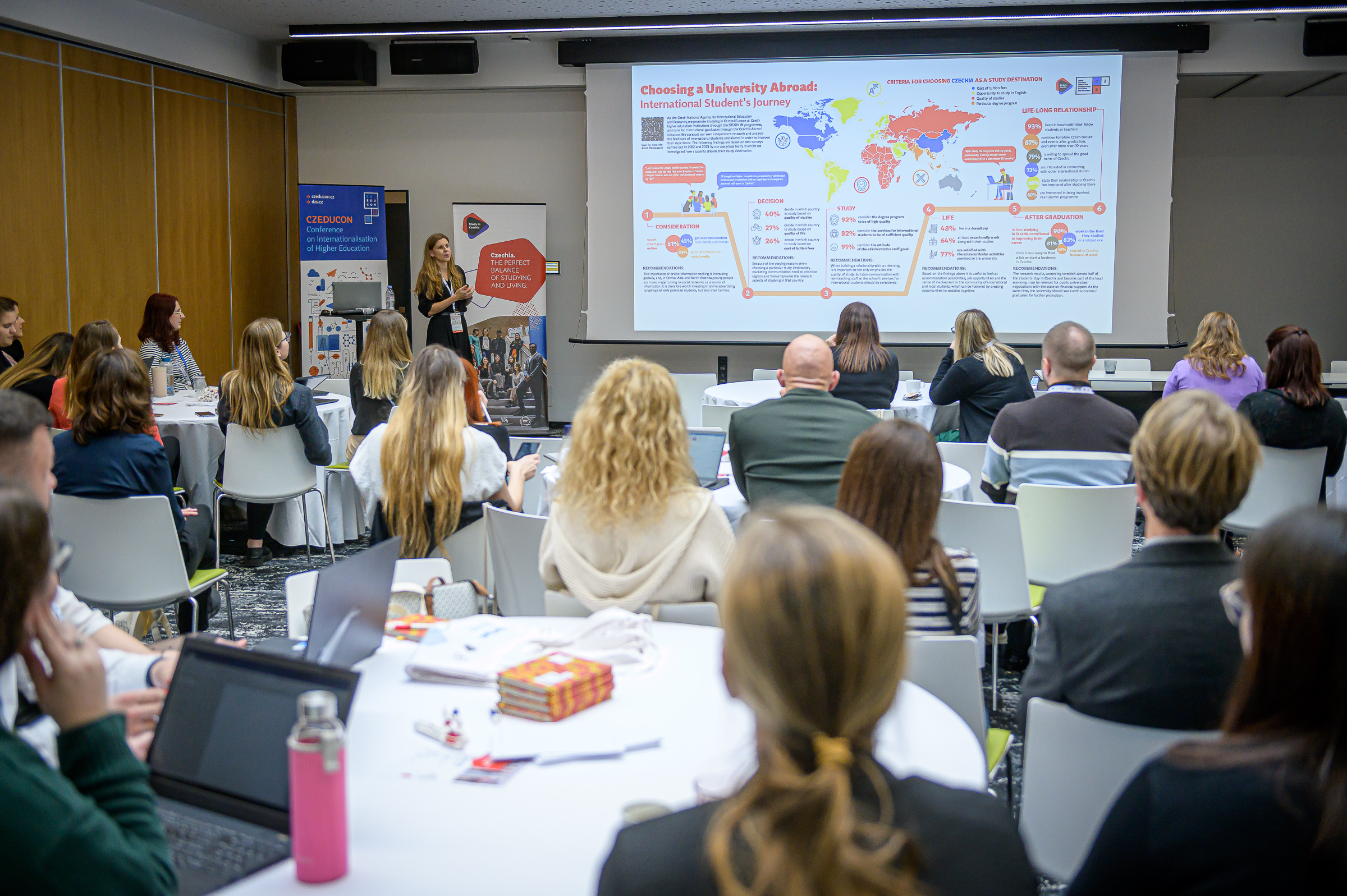
Filip Dřímalka, an expert on digital trends, spoke in the session entitled "How to Succeed in the World of AI" about the importance of digital thinking, acquiring new digital skills and new ways of working. His presentation included practical examples of how to use current technology in our daily life, examples from various organisations and inspiration on how to seize opportunities with the rise of artificial intelligence.
The second day of the conference was opened by the Director of DZS Michal Uhl together with the Minister of Education Mikuláš Bek, Milena Králíčková, Rector of Charles University and the President of Czech Rectors' Conference and Piet Van Hove, President of EAIE. Until Thursday, 23 November, a number of experts will speak at the Hotel Passage in Brno on topics related to internationalisation, digital technologies or the relationship with Czech alumni and universities themselves. The conference will be held until tomorrow. Find more information about the programme on czeducon.cz.
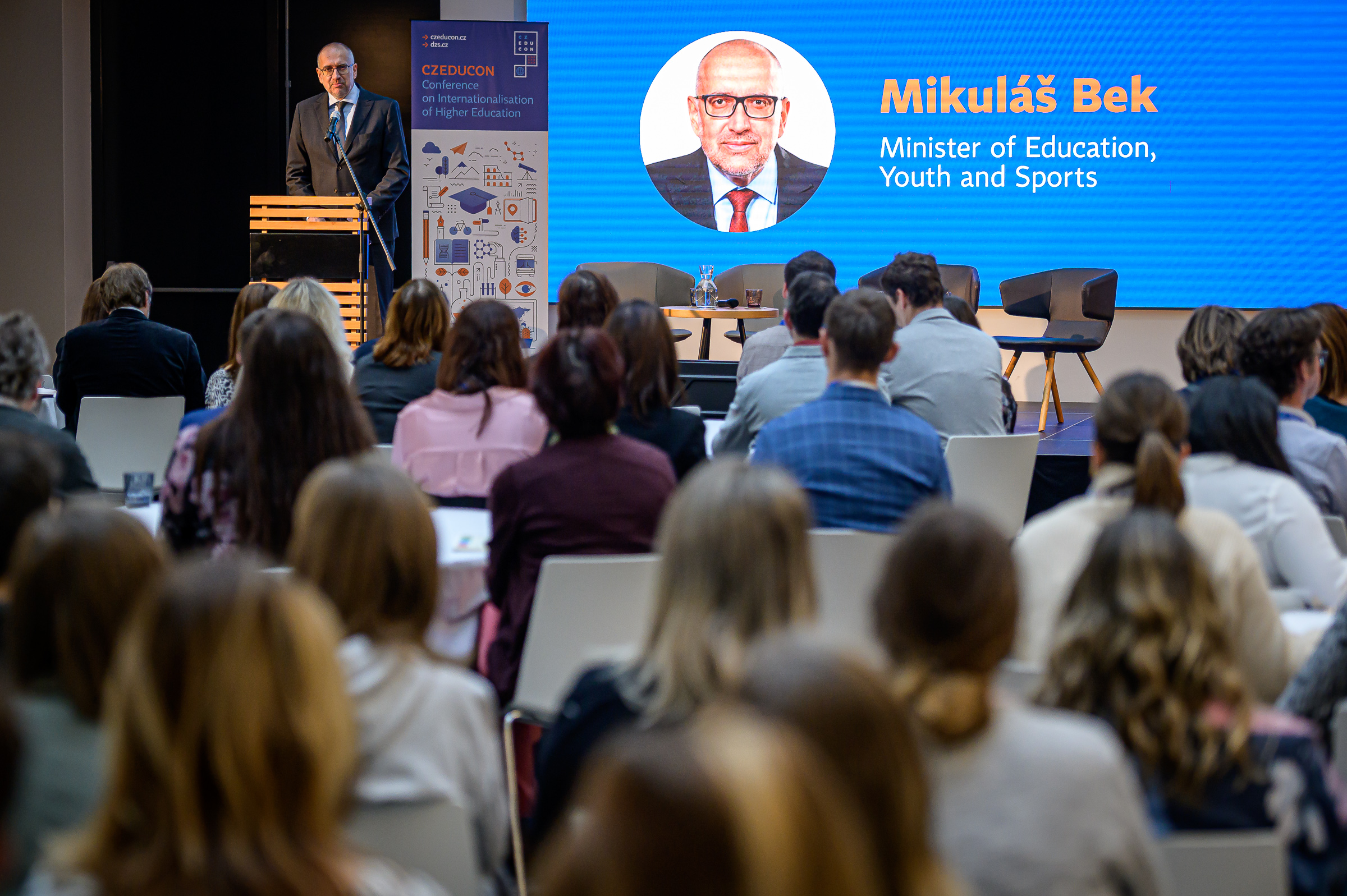

Foto: Petr Zewlakk Vrabec

Foto: Petr Zewlakk Vrabec
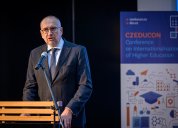
Foto: Petr Zewlakk Vrabec
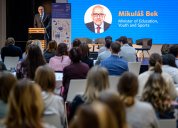
Foto: Petr Zewlakk Vrabec
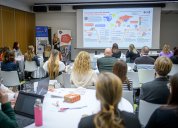
Foto: Petr Zewlakk Vrabec
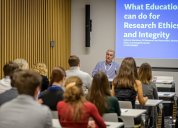
Foto: Petr Zewlakk Vrabec
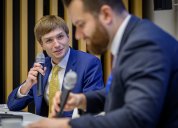
Foto: Petr Zewlakk Vrabec
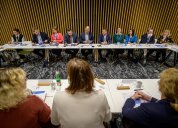
Foto: Petr Zewlakk Vrabec
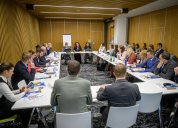
Foto: Petr Zewlakk Vrabec
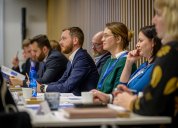
Foto: Petr Zewlakk Vrabec

Foto: Petr Zewlakk Vrabec
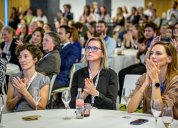
Foto: Petr Zewlakk Vrabec
